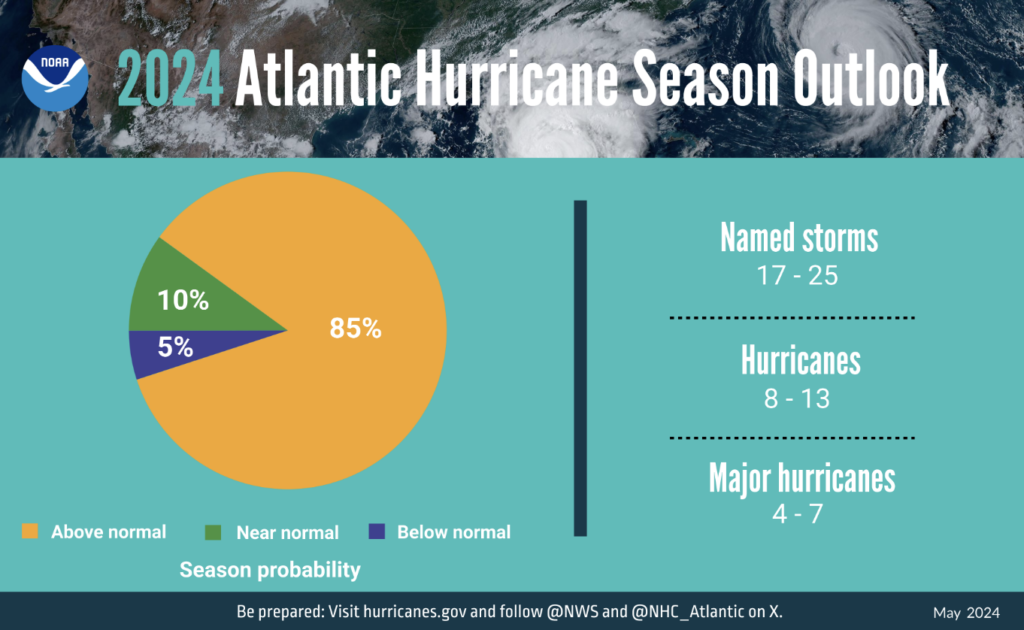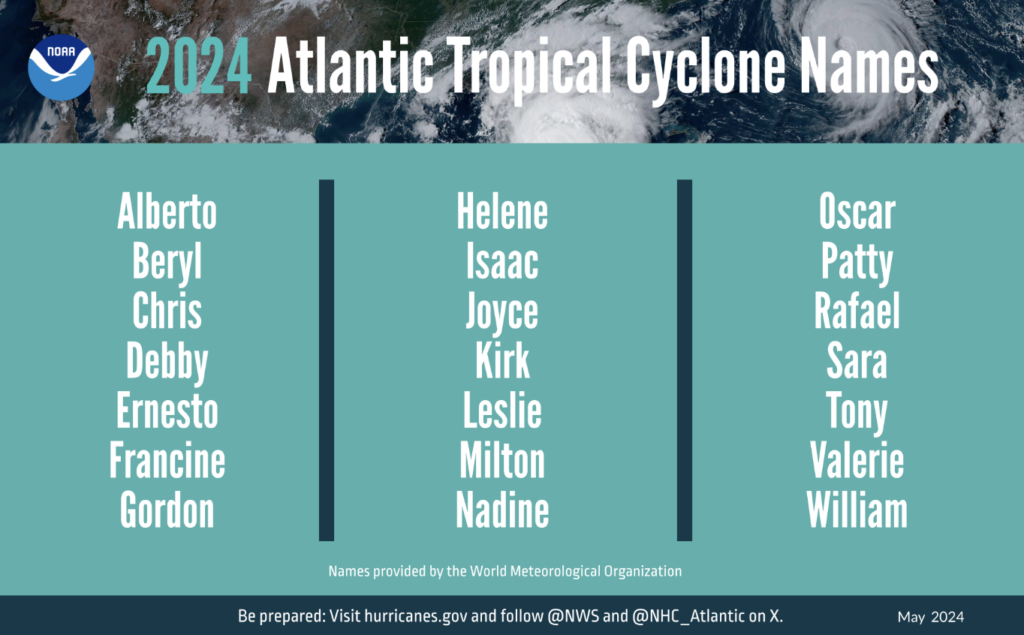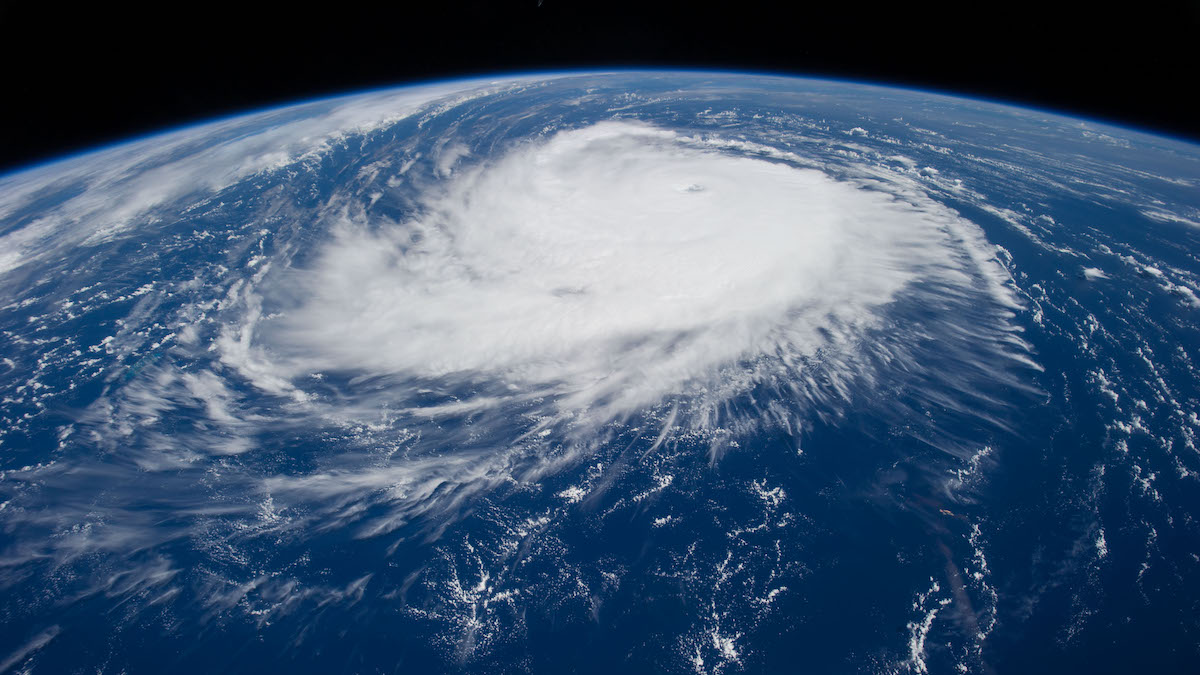The upcoming Atlantic hurricane season could be the most active in history, according to a new report from NOAA.
NOAA’s Climate Prediction Center issues a forecast for the Atlantic hurricane season each May using models that consider current ocean temperatures, global climate patterns, and past hurricane trends. The season officially runs from 1 June to 30 November.
The number of predicted storms is the “highest NOAA has ever issued for the May outlook.”
The agency estimates an 85% chance that this year’s hurricane activity will be above normal, with up to 25 named storms and up to 13 hurricanes. Four to seven of those hurricanes are forecast to reach major hurricane strength (categories 3, 4, and 5), according to the report.
The number of predicted storms is the “highest NOAA has ever issued for the May outlook,” said NOAA Administrator Rick Spinrad in a press conference. The highest number of major hurricanes ever recorded in an Atlantic hurricane season is seven, which occurred in both 2005 and 2020.

The new predictions align with those set by other agencies and academic institutions, including one released in April by Colorado State University’s (CSU) Tropical Weather and Climate Research group. The CSU team also expects a very active hurricane season, with 23 named storms and 5 major hurricanes.
“Now is the time to prepare and stay prepared.”
“Everybody is calling for a well above normal season,” said Phil Klotzbach, an atmospheric scientist and author of the CSU report.
The highly active season will be fueled by record warm sea surface temperatures in the Atlantic Ocean, according to both CSU and NOAA scientists. Scientists also expect that the El Niño–Southern Oscillation, or ENSO, a climate pattern that determines how heat is stored in the world’s oceans, will transition to a La Niña condition midsummer.
The transition will likely lead to decreased winds, which will favor hurricane formation and could exacerbate the season, Klotzbach said.

Klotzbach said that the predictions don’t indicate whether or where hurricanes will make landfall but that the odds of any coastal location being affected are elevated this year. In a press conference, Spinrad and other NOAA officials stressed the importance of hurricane preparedness—starting immediately. “Now is the time to prepare and stay prepared,” he said.
—Grace van Deelen (@GVD__), Staff Writer

